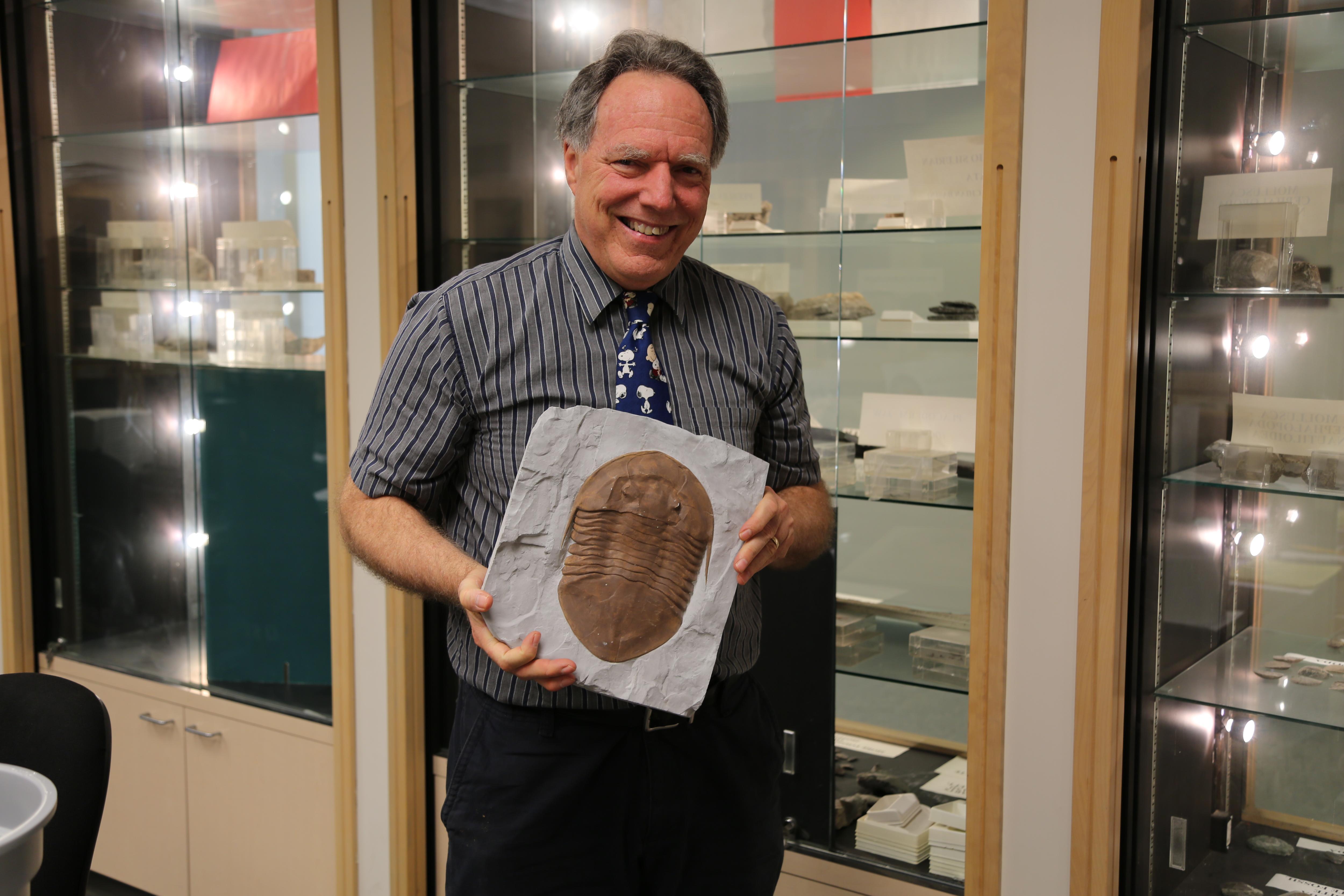The faculty and students in the School of Earth Sciences investigate the history of our planet, its material structure and resources, and the processes that have driven its evolution and continue to shape our environments. We study the Earth’s interior and surface, its oceans, freshwaters and glaciers, its atmosphere and outer space, and their interactions with each other and with the biosphere. We are concerned with the responsible utilization of natural resources, issues of sustainability, as well as the mitigation of natural and manmade hazards and global change. We read Earth’s recent and ancient history in its rocks, fossils, landscapes, and its gravity. We probe and characterize the Earth system using satellites, in situ and laboratory measurements, physical theories, and numerical models. We conduct field work worldwide from Antarctica to the Arctic and from coral reefs to mountain peaks. Our scientific activities and interests span an enormous range of temporal and spatial scales. We create and disseminate knowledge about our planet, develop new techniques to explore and understand it, and share this knowledge and our technical skills with our colleagues, our students, and society.
